Alles, was Sie über Spezifikationen und Leistung wissen müssen - Toyota C-HR 2020 - 2.0 (184 Hp) Hybrid e-CVT
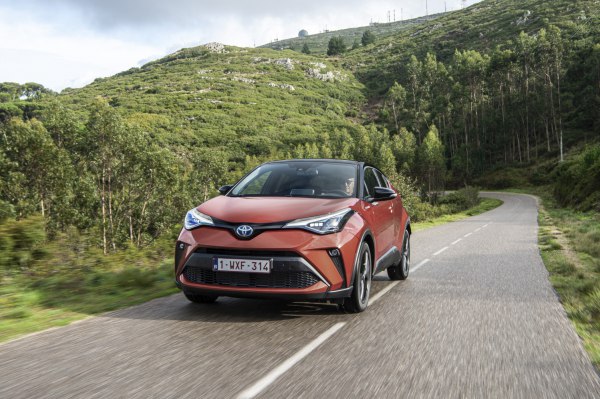
Übersicht:
Welchen Hubraum hat ein Toyota C-HR 2020?
Die Motorkapazität des Toyota C-HR 2020 beträgt 1987 cm.
Toyota C-HR 2020 Wie viele PS?
Die Motorleistung des Toyota C-HR 2020 beträgt 152 Hp @ 6000 rpm..
Was ist die Toyota C-HR 2020-Engine?
Toyota C-HR 2020-Engine ist M20A-FXS. (Klicken Sie hier, um andere Autos mit demselben Motor anzuzeigen.)
Wie leistungsstark ist das elektrische System im Toyota C-HR 2020?
Die Leistung des elektrischen Systems im Toyota C-HR 2020 beträgt 184 Hp @ 6000 rpm. hp.
Wie viel Benzin verbraucht ein Toyota C-HR 2020?
Der Toyota C-HR 2020 verbraucht 4-4.3 Liter Benzin pro 100 km
Welches Öl wird für einen Toyota C-HR 2020-Motor empfohlen?
Das empfohlene Öl für einen Toyota C-HR 2020-Automotor ist 0W-20.
Welche Art von Nockenwellenübertragungssystem wird in einem Toyota C-HR 2020-Motor verwendet?
Kette wird zur Übertragung von Bewegung verwendet.
Allgemein:
Motor:
Leistung:
Elektrisches System:
Platzangebot:
Abmessungen:
Antrieb, Fahrwerk und Bremsen:
Siehe auch
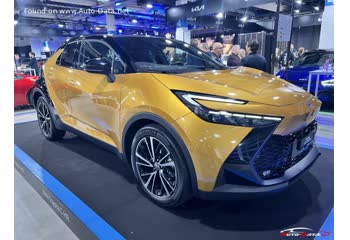
Letzte Generation.
Die Produktion begann im Jahr 2023 bis jetzt
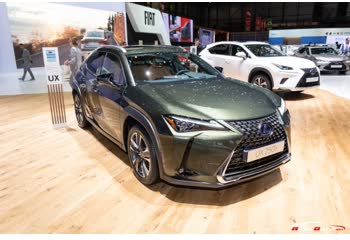
Gleicher Motor. (M20A-FXS).
Die Produktion begann im Jahr 2019 bis jetzt
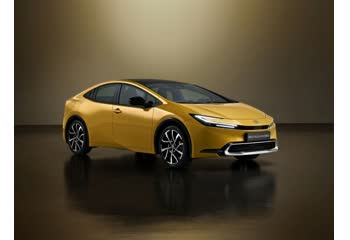
Gleicher Motor. (M20A-FXS).
Die Produktion begann im Jahr 2023 bis jetzt
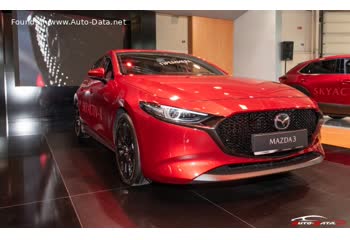
Gleiches Produktionsjahr und nahezu gleicher Hubraum.
Die Produktion begann im Jahr 2020 bis 2021
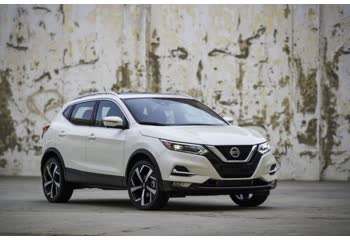
Gleiches Produktionsjahr und nahezu gleicher Hubraum.
Die Produktion begann im Jahr 2020 bis jetzt
Kommentar schreiben